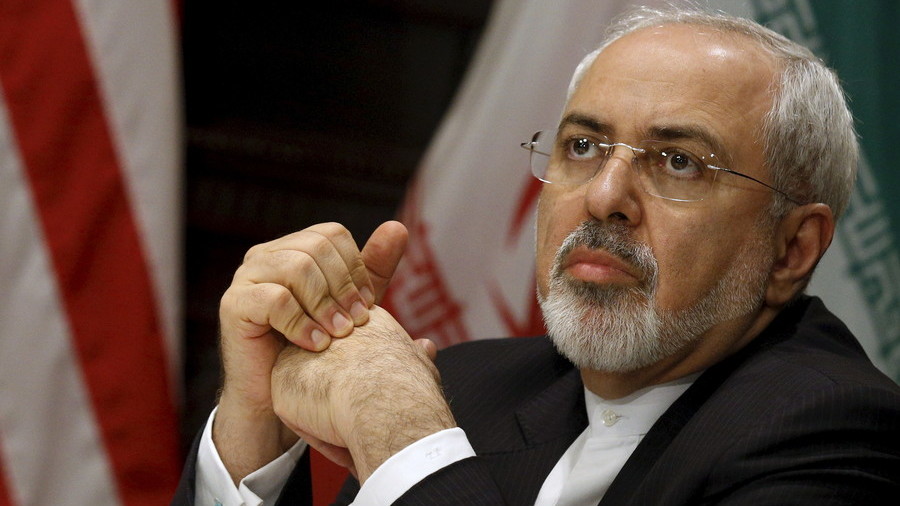Alwaght- The US is addicted to applying sanctions, Iran's foreign minister said stating that Joining 2015 international nuclear deal may have been a mistake in the first place.
Speaking to CNN, Mohammad Javad Zarif said "I believe there is a disease in the United States and that is the addiction to sanctions".
Under the 2015 nuclear deal between Iran and six world powers, officially known as Joint Comprehensive Plan of Action (JCPOA), Tehran agreed to limit parts of its peaceful nuclear program in exchange for the removal of all nuclear-related sanctions.
Back on May 8, US President Donald Trump announced that he would abandon the JCPOA. On August 6, Trump ordered all nuclear-related sanctions that were removed under the deal to be reinstated immediately .But even before that, Iranian foreign minister said, Washington's hands were itching to slap Tehran with economic penalties.
"Even during the Obama administration the United States put more emphasis on keeping the sanctions that it had not lifted rather than implementing its obligations on the sanctions that it lifted," top Iranian diplomat said.
He then mused that singing the agreement might have been a mistake on Iran's part in the first place, made in the earnest belief that the US had wised up about the effect sanctions have on Iran.
"That may have been one of the mistakes. But the problem was that we felt that the United States had learned that, at least as far as Iran is concerned, sanctions do produce economic hardship, but do not produce the political outcomes that they intended them to produce. I thought the Americans had learned that lesson. Unfortunately, I was wrong."
The Iranian foreign minister was speaking on the 65th anniversary of a US-orchestrated coup that overthrew Iran's democratically elected prime minister in favor of a Shah's monarchic rule.
He told CNN that the same '50s thinking embodied the current US approach. "I think the US administration still believes that it is working with the government it installed in Iran after the 1953 coup," he said. "As they say, they have to wake up and smell the coffee."
Just days before the anniversary, US Secretary of State Mike Pompeo announced the creation of the Iran Action Group to counter Iran.
Zarif tweeted criticism of Washington's anti-Iran move, saying "Now an action group dreams of doing the same through pressure misinformation and demagoguery -- never again."
Zarif also dismissed the possibility of future talks with the Trump administration, saying pressure from the European allies could persuade Trump to change his mind. Foreign minister blamed the US for "bullying" the European signatories to the deal.
"We do not want to revisit that nuclear deal," he said. "We want the United States to implement that nuclear deal. Today the closest US allies are resisting those sanctions. The US basically arm-twisting -- its attempt to put pressure. I don't want to use the term bullying ... [but] that's what it amounts to."
Touching on the US sanctions' effects on the Islamic Republic Mr. Zarif said "US sanctions have always hurt. What it's hurting, though, is people who want to buy medicine. People who want to buy food".
Zarif said the recent economic problems, which have seen the local currency slide and fruit and vegetable prices sometimes double, were due to preparatory measures being taken. "The economic upheaval that you see right now in Iran is because of the measures that needed to be taken to be prepared for those days, so we are prepared for the worst case scenario," he said.



























